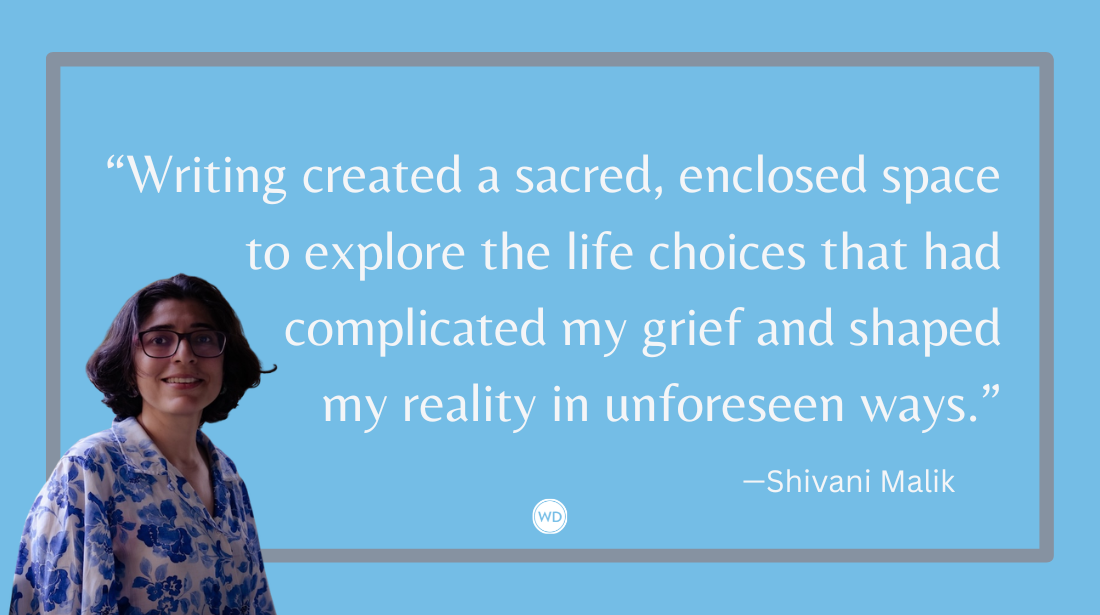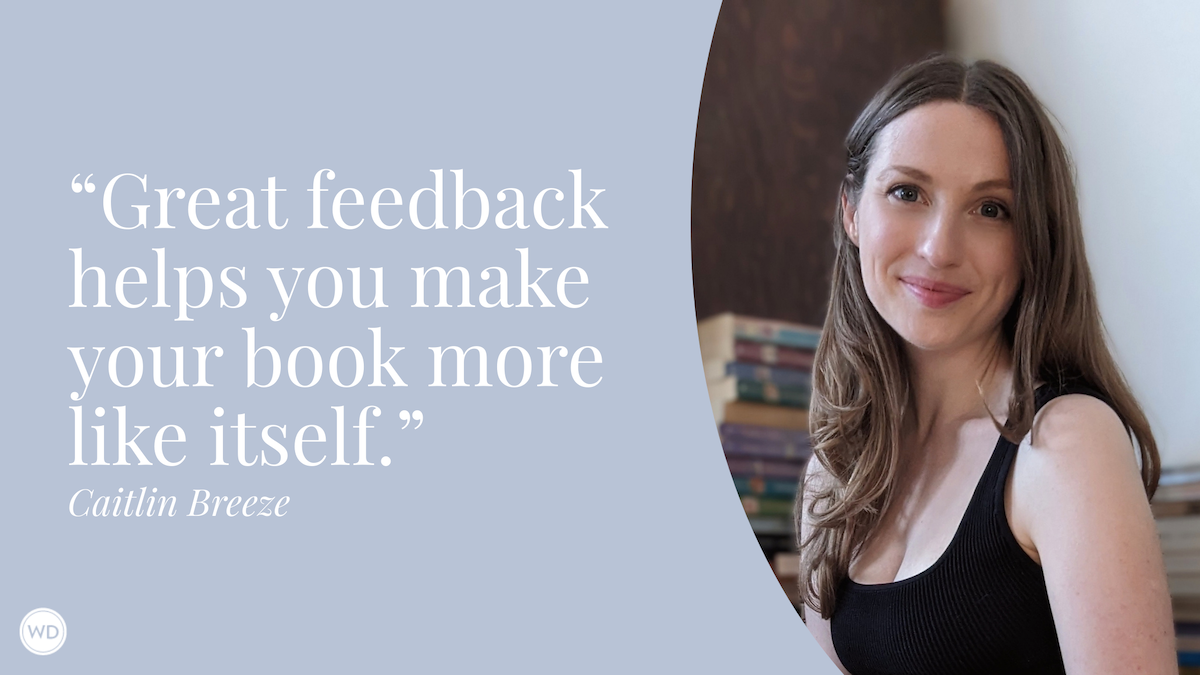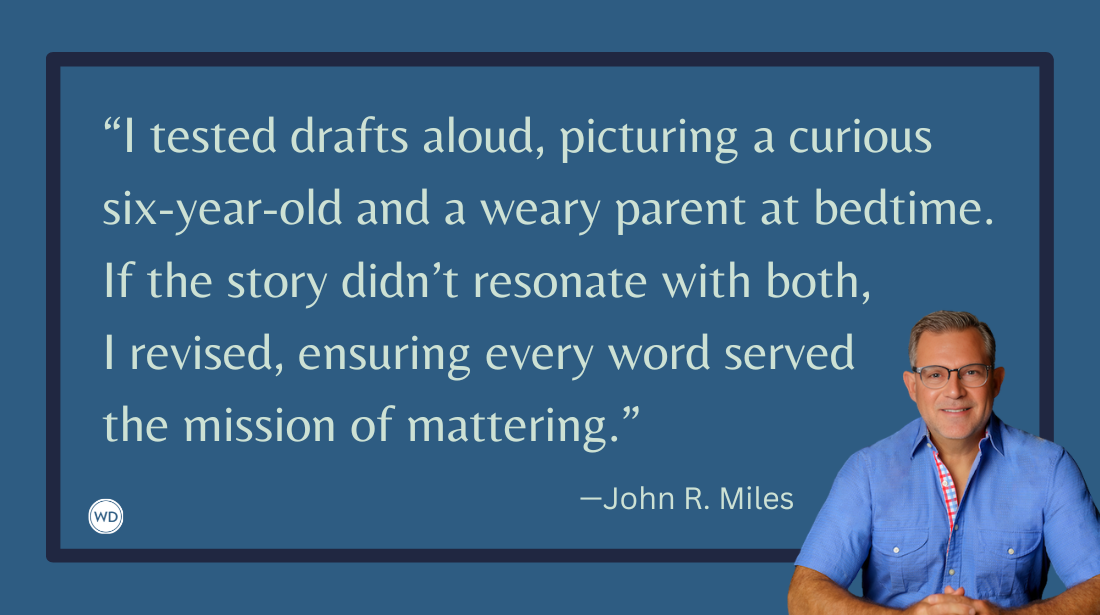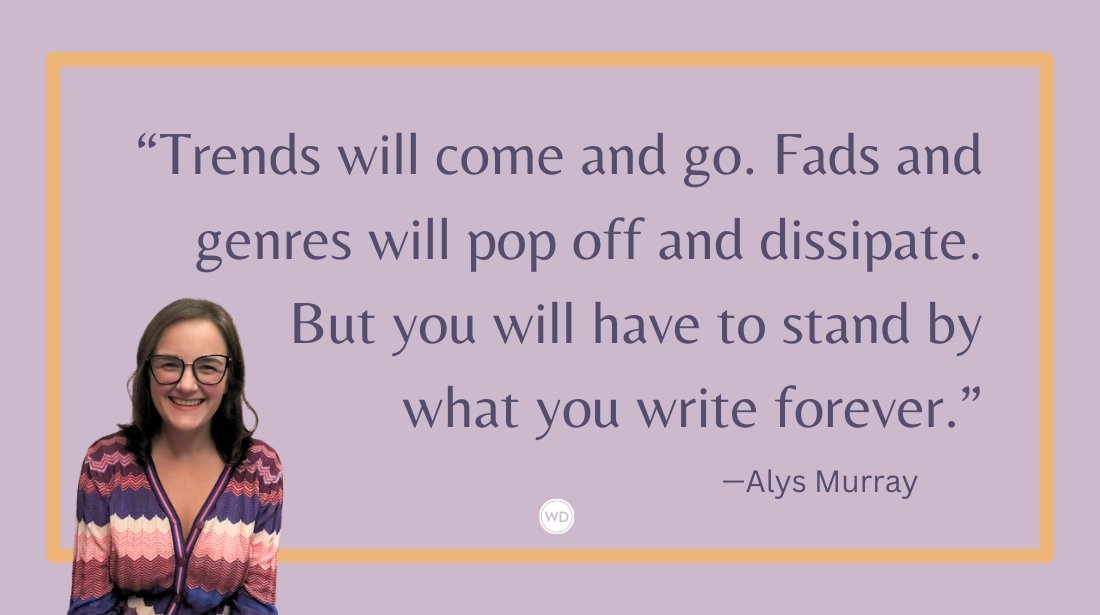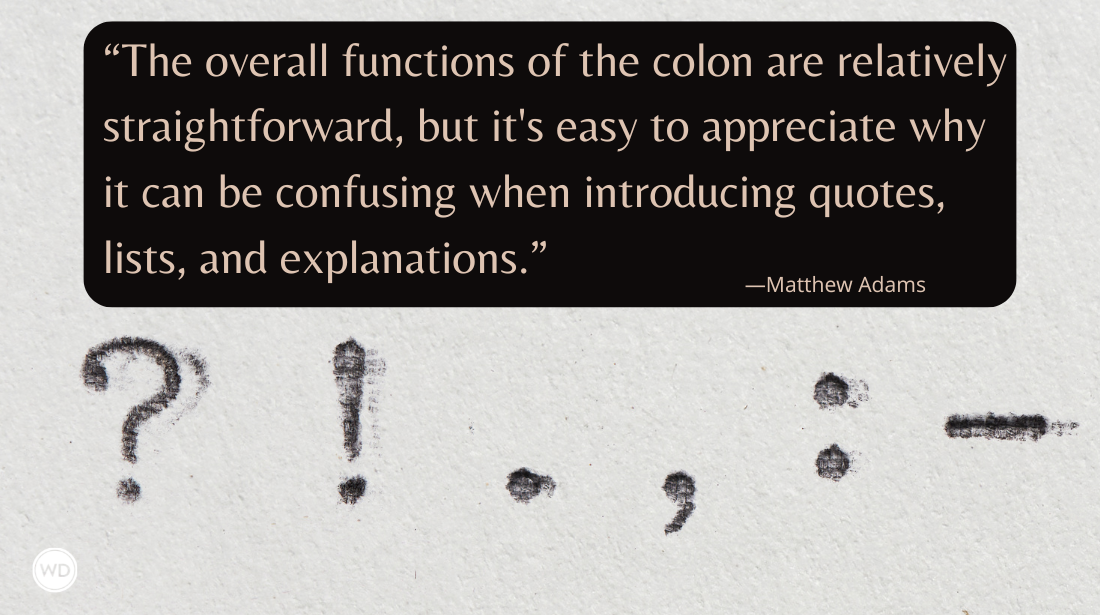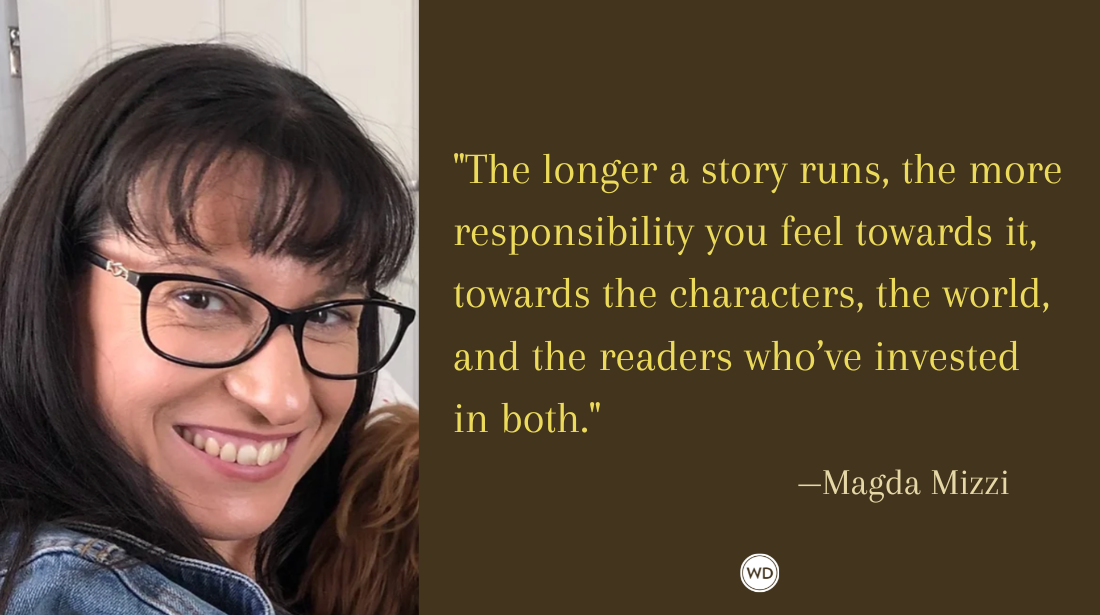Love Letters: How to Spark Romance in a Story Without Using the L-Word
The most convincing romantic stories are those that feel natural. Learn how to write romance scenes and romance novels without using the word “love.”
After learning in the February 2018 Writer’s Digest how to spark romance in a story without ever writing the “L” word, you can see how the masters make it seem natural in these five examples from classic favorites and modern bestsellers.
Here’s an exercise: In the Harry Potter books, when did you realize that Ron and Hermione were in love? (If you haven’t read the Potter series, feel free to substitute Emma and Mr. Knightley from Jane Austen’s Emma. If you haven’t read Emma either, you need to start asking yourself some very difficult questions about how you’re going about things.)
Most people answer by citing the third or fourth book in the series, when the characters were older and more emotionally complex—but in truth, the signs are there from almost the very beginning, though they’re subtle. Upon first read of Sorcerer’s Stone, Hermione and Ron playing chess together in the common room might not seem like much. But go back and read it a second time with foreknowledge of their eventual relationship, and the subtext is clear—and remains clear for the hundreds of thousands of words that Rowling spins about the two, despite the conspicuously minimal appearance of the phrase I love you.
This is as it should be, because love is one of the trickiest subjects to figure out—in real life as well as in fiction. Love is also where the irritatingly omnipresent writing advice “show, don’t tell” really hits home for any writer. If you want pure, heartfelt emotion to land, you should avoid the words at all costs. In writing, as in the real world, actions speak much louder than words.
Love is like electricity: It’s a force that prompts people to make crazy, plot-friendly decisions, but it’s difficult to control—and sometimes difficult to see. One of the biggest story challenges is to convey a deep emotional relationship between characters without resorting to the clumsy and the obvious. Go too subtle and your reader might not understand that two characters have fallen in love; too obvious, and it gets theatrical and begins to feel inauthentic.
The trouble is those three little words. They’re melodramatic, they’re overused, and the only way to amplify them on the page is to do a lot of behind-the-scenes buildup. An “I love you” on Page 2 is a whimper; an “I love you” on Page 350 is a bang. In between, you have to hint at what’s going on without coming out and saying so.
5 Incredibly Romantic Lines That Don’t Use the Word “Love”
- “If you ever have need of my life, come and take it.” (Anton Chekhov, The Seagull)
- “You gave me a forever within the numbered days, and I’m grateful.” (John Green, The Fault in Our Stars)
- “I wish I knew how to quit you.” (Annie Proulx, Brokeback Mountain)
- “If you live to be a hundred, I want to live to be a hundred minus one day, so I never have to live without you.” (A.A. Milne, Winnie the Pooh)
- “Whatever our souls are made of, his and mine are the same.” (Emily Brontë, Wuthering Heights)
Jeff Somers began writing by court order as an attempt to steer his creative impulses away from engineering genetic grotesqueries. He has published nine novels, including the Avery Cates Series of noir-science fiction novels and the Ustari Cycle series of urban fantasy novels. His short story “Ringing the Changes” was selected for inclusion in Best American Mystery Stories2006; “Sift, Almost Invisible, Through” appeared in the anthology Crimes by Moonlight, edited by Charlaine Harris; and “Three Cups of Tea” appeared in the anthology Hanzai Japan. He also writes about books for Barnes & Noble, and the craft of writing for Writer’s Digest which published his book Writing Without Rules in 2018. He lives in Hoboken with his wife, The Duchess, and their cats. He considers pants to always be optional. Follow him on Twitter @jeffreysomers.




